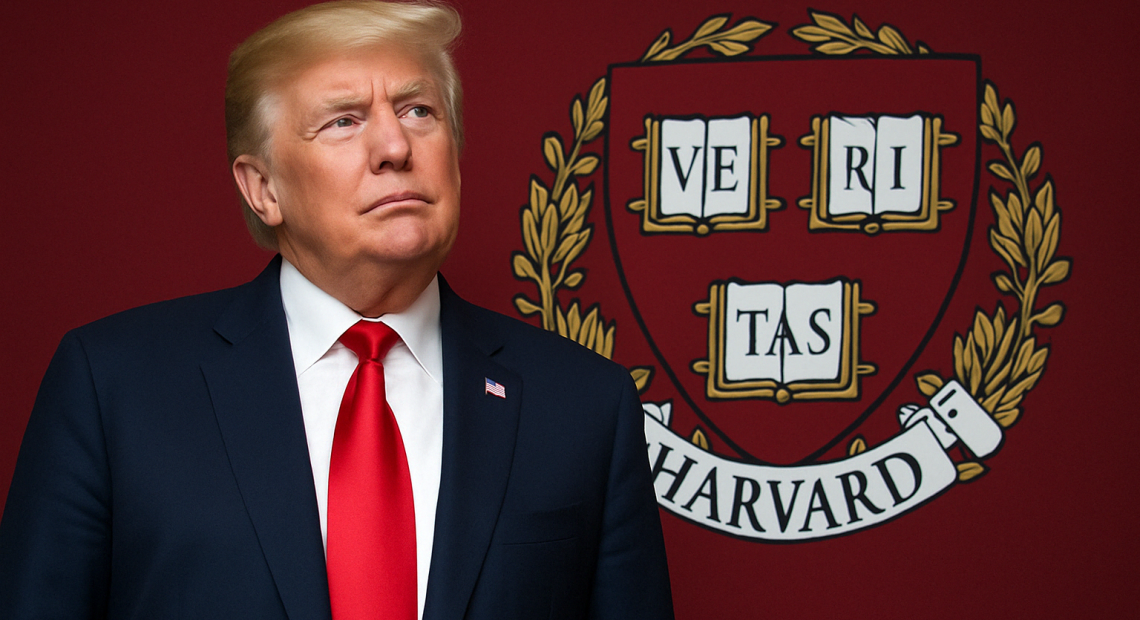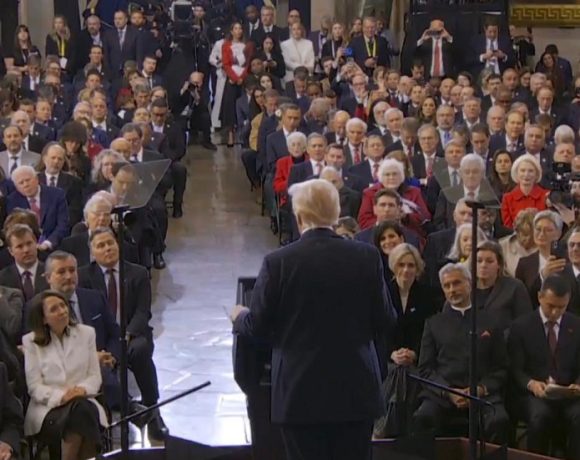
US Terminates $450M in Harvard Grants Amid Bias Row
In a fresh escalation of tensions between the US government and elite academic institutions, the Trump administration has terminated an additional $450 million in federal grants to Harvard University. The move comes on the heels of a previous freeze of $2.2 billion, pushing the total funding cut to a staggering $2.65 billion.
The decision follows critical findings by a federal antisemitism task force, which accused Harvard of failing to adequately address incidents of antisemitism on its campus. The task force cited internal investigations and student reports indicating incidents of harassment, intimidation, and targeted discrimination against Jewish students.
The task force accused the institution of engaging in “virtue signaling and discrimination,” asserting that Harvard’s leadership had allowed a hostile campus climate to persist. The administration concluded that Harvard’s recent measures to combat hate and improve inclusion had been insufficient.
Harvard Funding Cut
Harvard University President Alan Garber acknowledged the turbulent academic year and stated that reforms were already underway to ensure campus inclusivity and intellectual diversity. He reiterated that the institution does not make admissions decisions based on race and remains committed to a merit-based, pluralistic academic environment.
However, the Joint Task Force to Combat Antisemitism, established by the Trump administration, issued a scathing statement suggesting Harvard faces a “steep, uphill battle” to reclaim its federal standing and public credibility. According to the task force, the university must demonstrate tangible and sustained progress to reverse the penalties.
Legal Battle Ahead
In response to the funding cuts, Harvard has expanded its legal challenge against the federal government. The university argues that the punitive measures constitute an unlawful infringement on its autonomy and academic freedom. It also asserts that the government’s actions are politically motivated and breach constitutional protections, including the First Amendment.
The controversy is part of a broader federal crackdown on elite campuses, with institutions like Columbia, Penn, and Cornell also facing scrutiny over perceived biases and the handling of pro-Palestinian activism. The administration has cited concerns over diversity policies and their alleged impact on free expression and campus neutrality.
As the legal battle unfolds, the education sector braces for wider implications. The outcome of this confrontation may set a precedent for how far federal oversight can extend into university governance, and how institutions balance equity with freedom in increasingly polarized academic spaces.


















